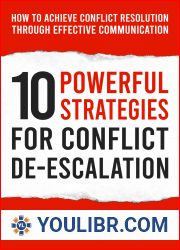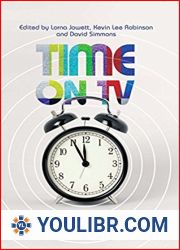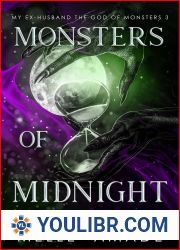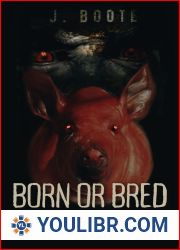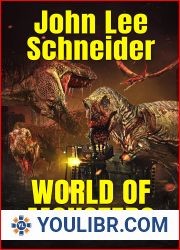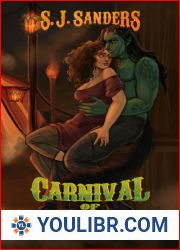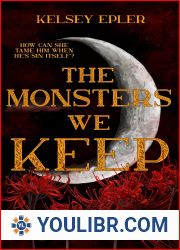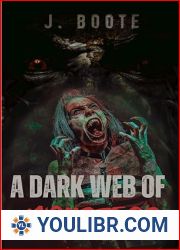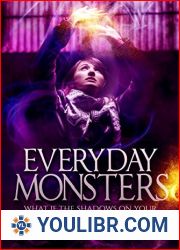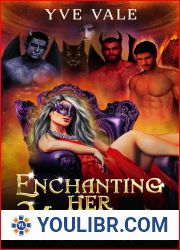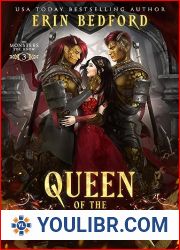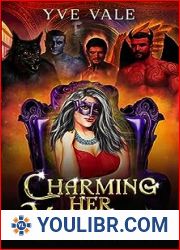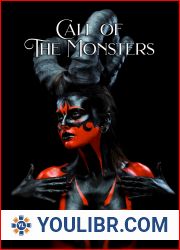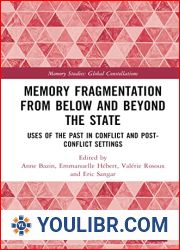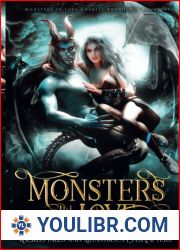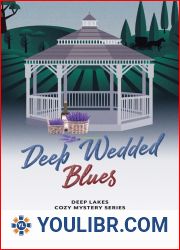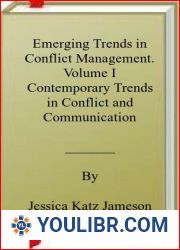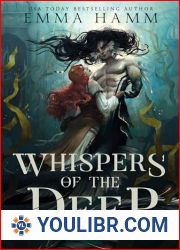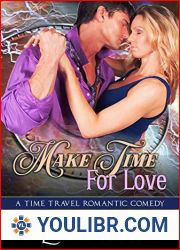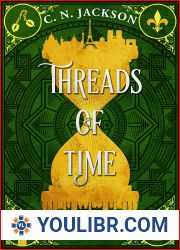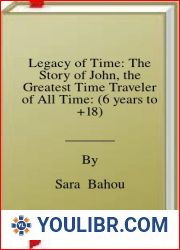
BOOKS - Extinct Monsters to Deep Time: Conflict, Compromise, and the Making of Smiths...

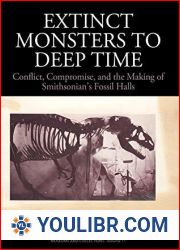
US $5.96

399335

399335
Extinct Monsters to Deep Time: Conflict, Compromise, and the Making of Smithsonian's Fossil Halls (Museums and Collections, 11)
Author: Diana E. Marsh
Year: February 18, 2019
Format: PDF
File size: PDF 4.2 MB
Language: English
Year: February 18, 2019
Format: PDF
File size: PDF 4.2 MB
Language: English
Via the Smithsonian Institution, an exploration of the growing friction between the research and outreach functions of museums in the 21st century. Describing participant observation and historical research at the Smithsonian's National Museum of Natural History as it prepared for its largest-ever exhibit renovation, Deep Time, the author provides a grounded perspective on the inner-workings of the world's largest natural history museum and the social processes of communicating science to the public. From the In exhibit projects, the tension plays out between curatorial staff-academic, research, or scientific staff charged with content-and exhibitions, public engagement, or educational staff-which I broadly group together as "audience advocates" charged with translating content for a broader public. I have heard Kirk Johnson, Sant Director of the NMNH, say many times that if you look at dinosaur halls at different museums across the country, you can see whether the curators or the exhibits staff has "won." At the American Museum of Natural History in New York, it was the curators. The hall is stark white and organized by phylogeny-or the evolutionary relationships of species-with simple, albeit long, text panels. At the Field Museum of Natural History in Chicago, Johnson will tell you, it was the "exhibits people." The hall is story driven and chronologically organized, full of big graphic prints, bold fonts, immersive and interactive spaces, and touchscreens. At the Denver Museum of Nature and Science, where Johnson had previously been vice president and chief curator, "we actually fought to a draw." That, he says, is the best outcome; a win on either side skews the final product too extremely in one direction or the other. This creative tension, when based on mutual respect, is often what makes good exhibitions.








